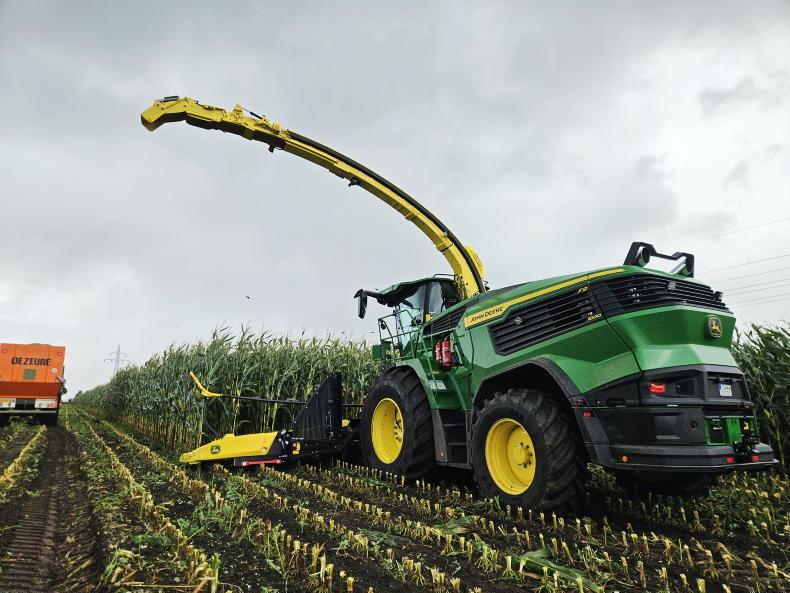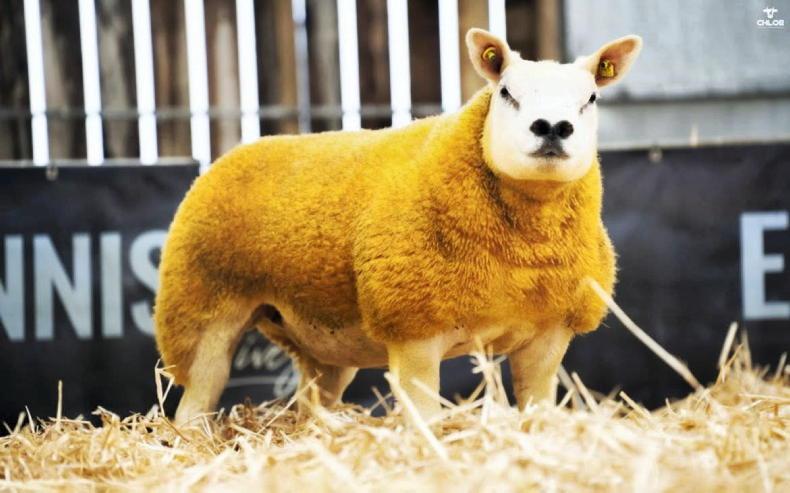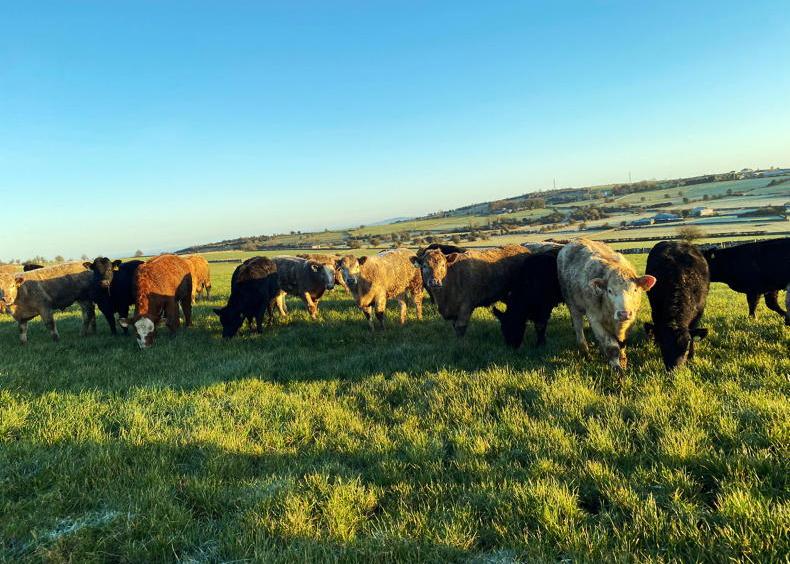Summer is here and with it, activity in farmyards and fields has increased as farmers rush to get silage crops in, slurry out and tend to stock and crop needs. With all the rushing to get work completed in a narrow weather window, safety on the farm has to be central to everything.
Agriculture accounts for half of the workplace deaths that occur each year, despite less than one in ten people working in the sector. Check out some of the key safety concerns on farms in the summer months below and how best to avoid the dangers associated with them.
Beware of the bull
Summer months mean that the majority of dairy and beef farms are breeding cows in order for them to calf next spring. While some herds use all AI; stock bulls or teaser bulls are used on the majority of farms. A stock bull is usually a pedigree animal that breeds with the cows, while a teaser bull is a young crossbred bull that, after having a special operation, is used to identify cows in heat, but does not breed them.

Stock bulls are a danger on farms to both kids and adults.
Both stock bulls and teaser bulls are dangerous all year round, and you should never enter a pen of paddock in which there is a bull. If you are checking cows with an adult, you should use a tractor or jeep to herd the animals.
Slurry and agitation
Slurry is an excellent fertiliser, but the mixing, spreading and storage of slurry brings its own dangers. Agitation is where the slurry is mixed with a PTO driven mixer to make it easier to spread. However, doing so releases toxic gases, the main ones being ammonia and hydrogen sulphide. Some of these gases have no odour, meaning you cannot smell the danger of them being released.
When agitation begins, it is important to keep well clear of the farm building/tank while mixing is happening. Agitation also requires agitation point lids to be opened to give access to the underground tank. Keep well clear of this opening until the lid has been securely placed back by an adult.
Medicines and sprays
Chemicals such as herbicides and pesticides are used by farmers to control weeds and insects from damaging or competing with crops. These should be stored in a locked chemical container and should not be handled by anyone under 18. If you come in contact with any chemicals, be it through touching or ingesting them, you should immediately tell an adult, taking note of what chemical it is.
The same can be said for medicine stores, which should be securely locked and should not be played with by children. Sharps such as used needles or chemicals for fly control e.g. sheep dip or pour ons, can be harmful to the skin or cause serious illness.
Machinery and tractors
Silage harvesting, spraying and harvesting crops and slurry spreading mean that there can be a lot more machinery and tractors in yards. Despite how high up they are in the air, tractors have blind spots, especially when they are towing trailers or other equipment behind them. Never approach a moving tractor from any angle. When bigger jobs such as harvesting is underway, the farmyard and fields are a ‘no go zone’ without adult supervision.
If you are under 14 years of age, you should not operate a tractor on your farm, even with adult supervision. You should only drive on public roads when you have reached the age of 16 and have successfully passed your driver theory test.
Heights and climbing
Falls from height are one of the major dangers on working farms, outside of machinery and livestock. Children should not climb up on to silage pits or stacks of bales. Doing so puts you at risk of both falling or being entrapped by falling bales. The same goes for stacks of small square bales of hay or silage stacked on a trailer for transport; you should never ride on a trailer transporting bales, or in an empty trailer.
Quad bikes
Quads are a farm tool that are both extremely useful and dangerous. Children should not use or be a passenger on a quad bike under any circumstances. Quads should only be used by those over 18 who are wearing a helmet and have completed their quad safety training course.
Summer is here and with it, activity in farmyards and fields has increased as farmers rush to get silage crops in, slurry out and tend to stock and crop needs. With all the rushing to get work completed in a narrow weather window, safety on the farm has to be central to everything.
Agriculture accounts for half of the workplace deaths that occur each year, despite less than one in ten people working in the sector. Check out some of the key safety concerns on farms in the summer months below and how best to avoid the dangers associated with them.
Beware of the bull
Summer months mean that the majority of dairy and beef farms are breeding cows in order for them to calf next spring. While some herds use all AI; stock bulls or teaser bulls are used on the majority of farms. A stock bull is usually a pedigree animal that breeds with the cows, while a teaser bull is a young crossbred bull that, after having a special operation, is used to identify cows in heat, but does not breed them.

Stock bulls are a danger on farms to both kids and adults.
Both stock bulls and teaser bulls are dangerous all year round, and you should never enter a pen of paddock in which there is a bull. If you are checking cows with an adult, you should use a tractor or jeep to herd the animals.
Slurry and agitation
Slurry is an excellent fertiliser, but the mixing, spreading and storage of slurry brings its own dangers. Agitation is where the slurry is mixed with a PTO driven mixer to make it easier to spread. However, doing so releases toxic gases, the main ones being ammonia and hydrogen sulphide. Some of these gases have no odour, meaning you cannot smell the danger of them being released.
When agitation begins, it is important to keep well clear of the farm building/tank while mixing is happening. Agitation also requires agitation point lids to be opened to give access to the underground tank. Keep well clear of this opening until the lid has been securely placed back by an adult.
Medicines and sprays
Chemicals such as herbicides and pesticides are used by farmers to control weeds and insects from damaging or competing with crops. These should be stored in a locked chemical container and should not be handled by anyone under 18. If you come in contact with any chemicals, be it through touching or ingesting them, you should immediately tell an adult, taking note of what chemical it is.
The same can be said for medicine stores, which should be securely locked and should not be played with by children. Sharps such as used needles or chemicals for fly control e.g. sheep dip or pour ons, can be harmful to the skin or cause serious illness.
Machinery and tractors
Silage harvesting, spraying and harvesting crops and slurry spreading mean that there can be a lot more machinery and tractors in yards. Despite how high up they are in the air, tractors have blind spots, especially when they are towing trailers or other equipment behind them. Never approach a moving tractor from any angle. When bigger jobs such as harvesting is underway, the farmyard and fields are a ‘no go zone’ without adult supervision.
If you are under 14 years of age, you should not operate a tractor on your farm, even with adult supervision. You should only drive on public roads when you have reached the age of 16 and have successfully passed your driver theory test.
Heights and climbing
Falls from height are one of the major dangers on working farms, outside of machinery and livestock. Children should not climb up on to silage pits or stacks of bales. Doing so puts you at risk of both falling or being entrapped by falling bales. The same goes for stacks of small square bales of hay or silage stacked on a trailer for transport; you should never ride on a trailer transporting bales, or in an empty trailer.
Quad bikes
Quads are a farm tool that are both extremely useful and dangerous. Children should not use or be a passenger on a quad bike under any circumstances. Quads should only be used by those over 18 who are wearing a helmet and have completed their quad safety training course.










SHARING OPTIONS